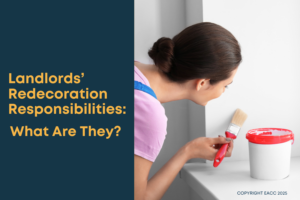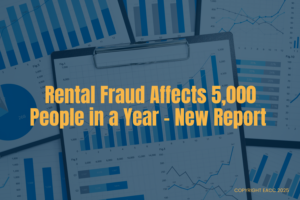I’ve written before about the different ways private landlords choose to let their rental properties, whether through an agency, to friends and family or to advertise and manage the rental directly. One way that seems to be getting more and more attention is how social media is being used in the process.
As someone who embraces technology generally, I am a fan of social media and appreciate the good uses it has, as well as acknowledge the bad. However, I do feel that when it comes to something as highly legislated and serious as finding your next tenant or landlord, then it really needs handing over to a professional.
There are of course reasons landlords would rent via social media as they may see it as a cheaper option, they may have a previous negative experience with an agent or they want to sneak under the radar and try to let privately to get an income without declaring or repairing.
The same goes for a tenant wanting to rent directly with a landlord– it may be that they have a poor credit history, cannot provide good references or that they want to rent something they really can’t afford but think they can.
Not all of these are ideal reasons, but this might seem to be working ‘ok’ for both parties so long as the tenant is looking after the property, paying the rent each month, on time and the landlord is keeping the property in a good state of repair.
But there is risk and I do see landlords who have tried to rent this way and then need advice when things start to unravel if the tenant defaults or is in breach of the tenancy. I always warn don’t underestimate what you need to be aware of in terms of the regulatory obligations of renting a property. It does worry me that with social media being so influential, that many who opt for this route will start to think that what they see or receive as responses on social media is the ‘advice’ they need to act on.
There is also risk for tenants too and The Times recently ran an investigation into online adverts where landlords were offering rentals with highly dubious conditions attached. Last year the BBC also investigated reports that many students had been conned by scammers who had rented Airbnb properties, passed them off as rental property and left tenants without accommodation and losing substantial amounts of money.
Propertymark advise to use an agent who follows best practice, meets all requirements of the profession and works to industry standards. In addition, a Propertymark protected agent will also have Professional Indemnity insurance, and you and your money will be covered by Client Money Protection, giving you peace of mind throughout the letting process.
As always please do not hesitate to contact me if you would like any further discussion or advice.






